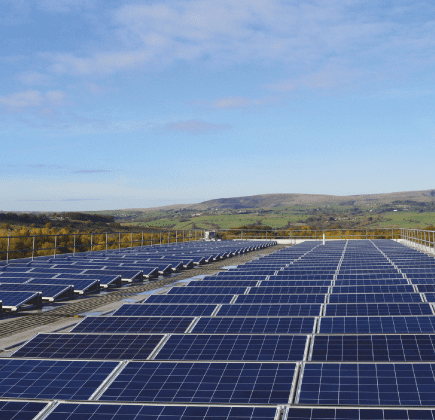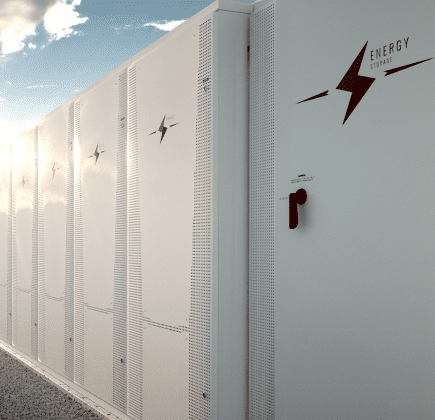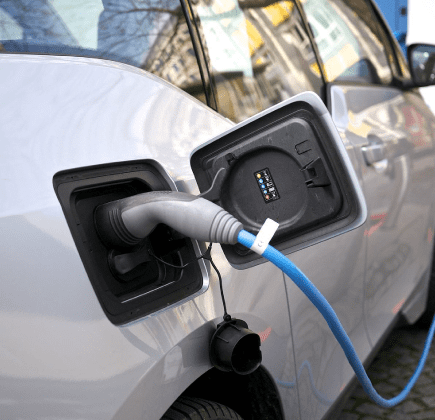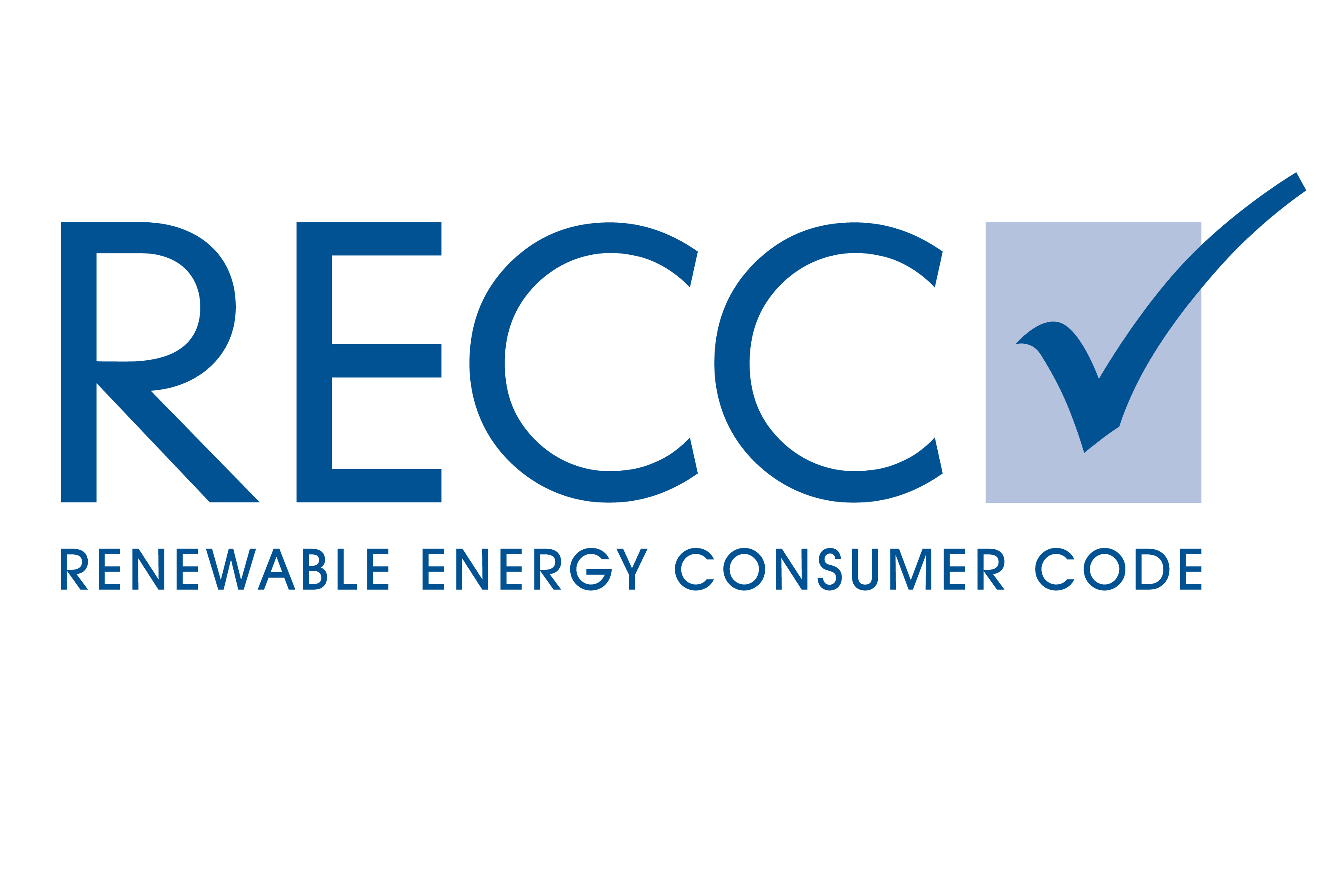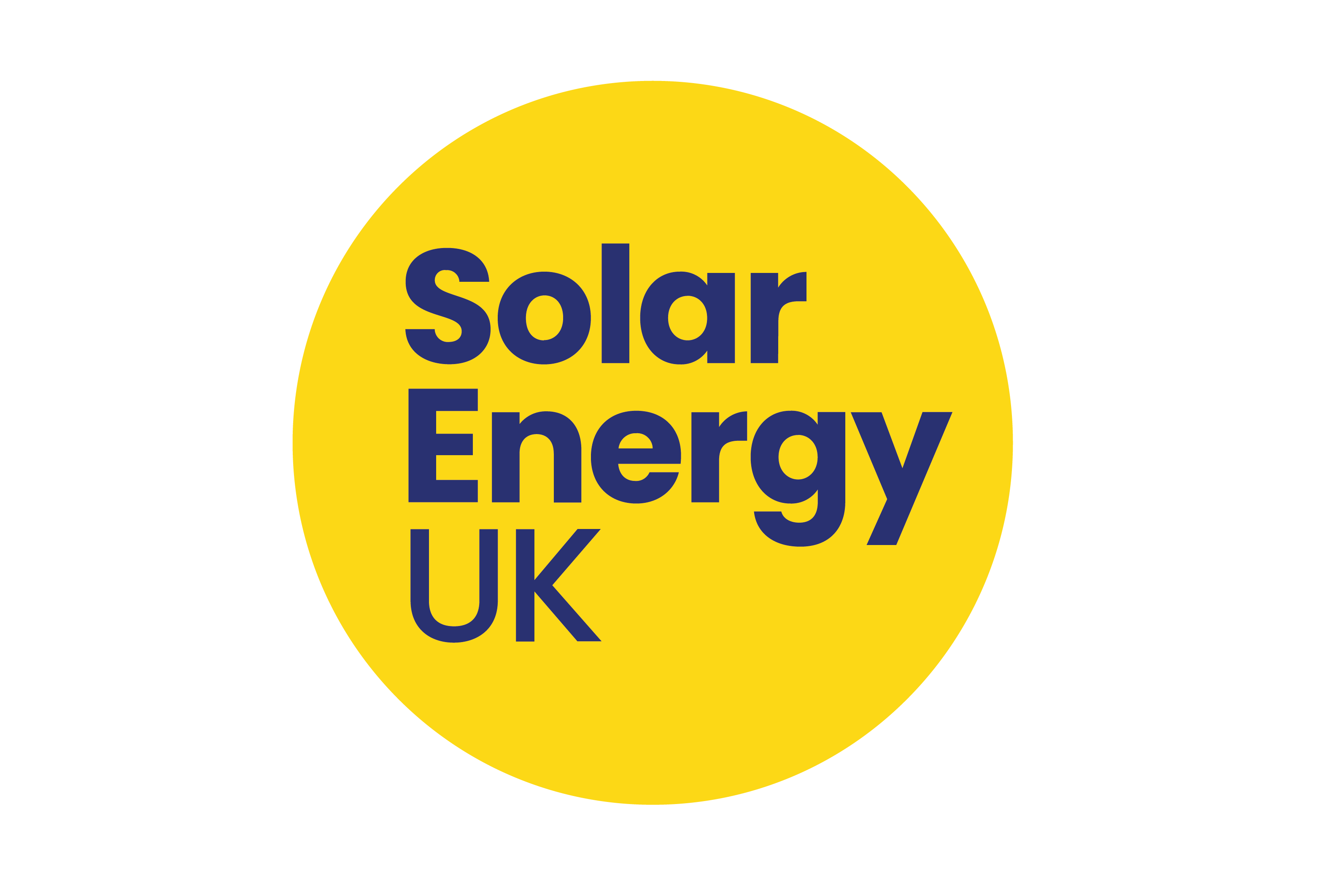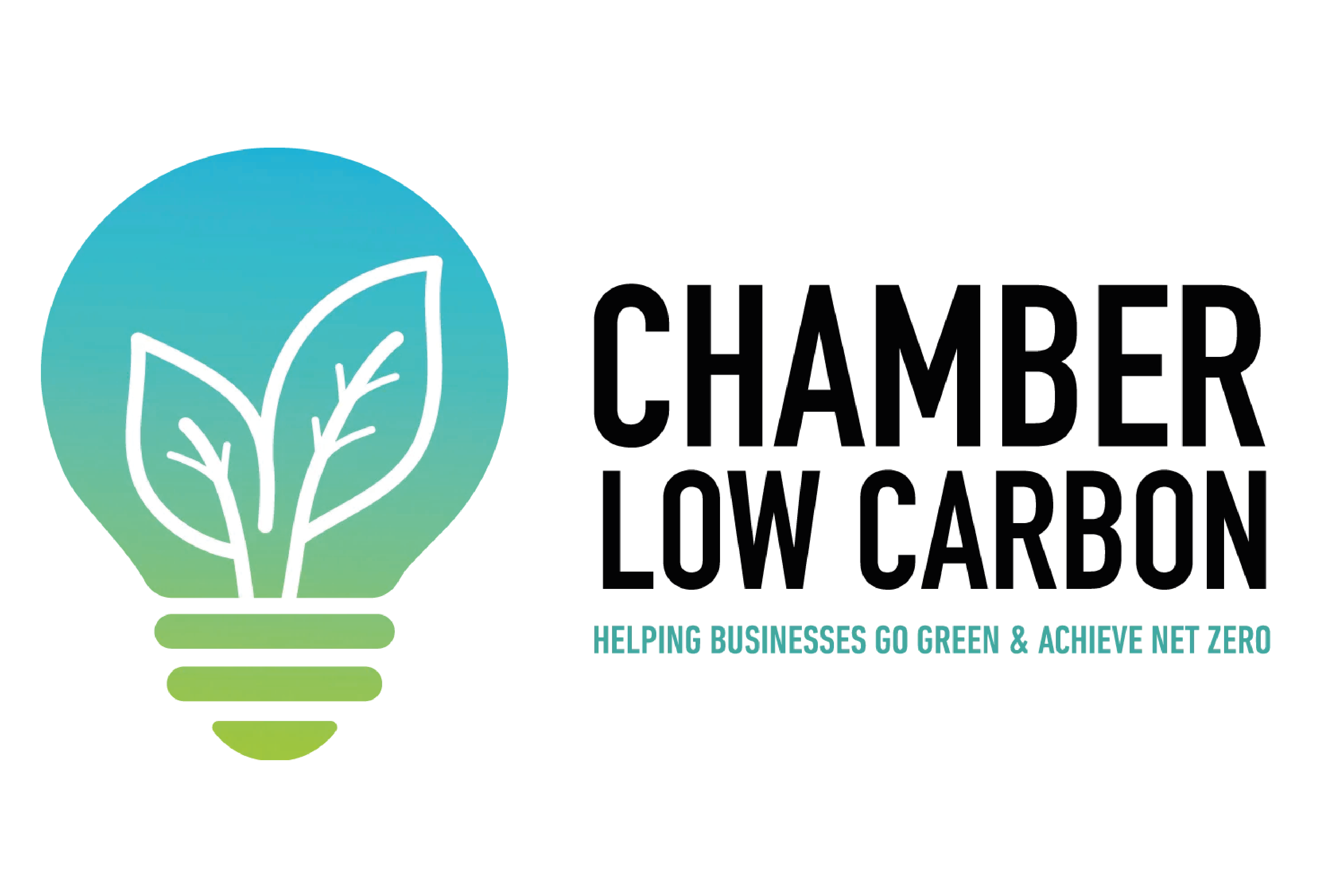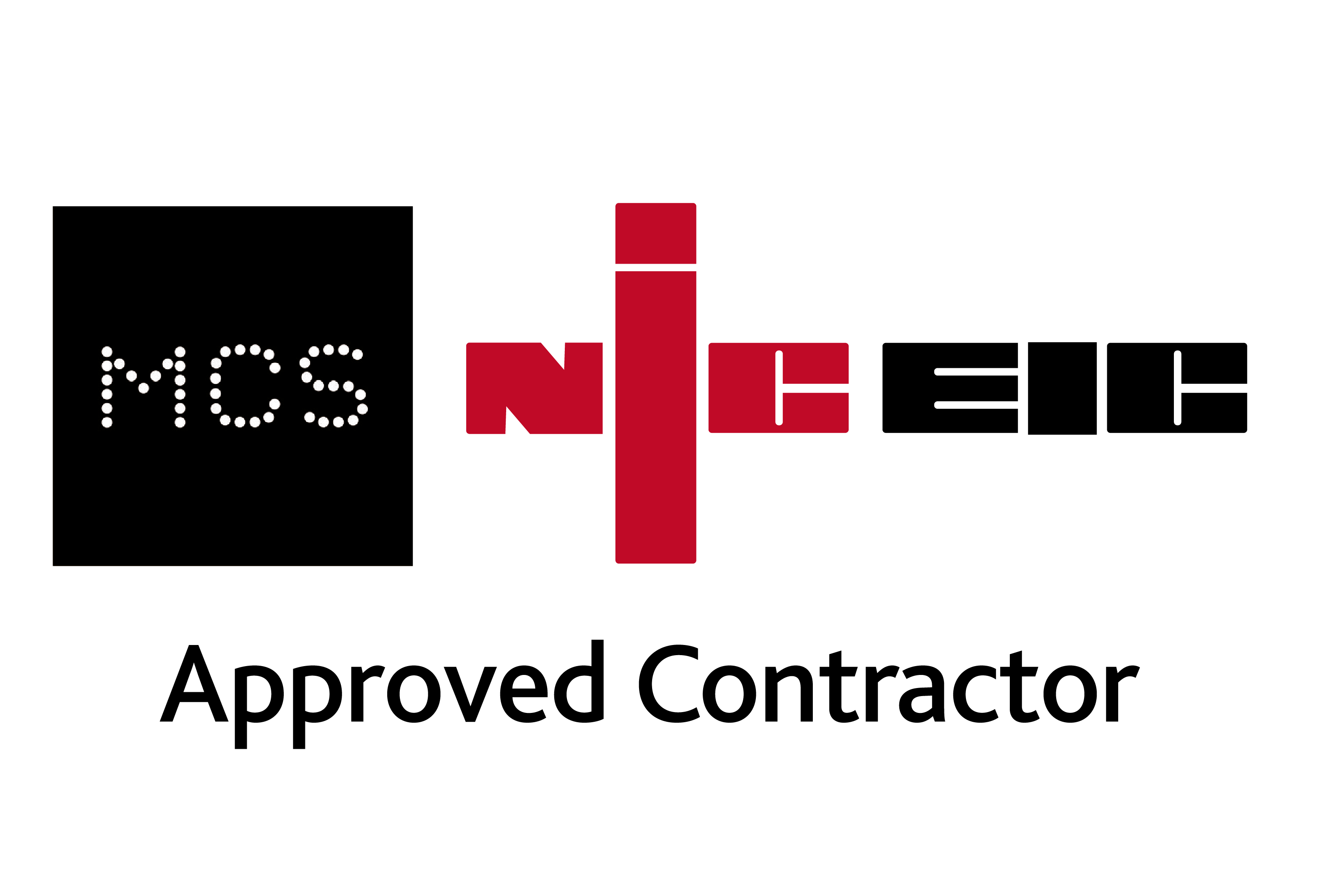
Why Net Zero should be a priority in a post Covid-19 world
As restrictions continue to ease in many parts of the UK, and in other countries across the world, there are calls on governments and organisations not to undo one of the few positive side-effects of this devastating pandemic – namely, the relief it has provided for the environment. As we’ve discussed before here at Low Carbon Energy, right now we have a unique opportunity almost unmatched in modern history – an opportunity to reshape our society in terms of the way we consume energy, building a fairer, cleaner and more resilient economy.
As restrictions continue to ease in many parts of the UK, and in other countries across the world, there are calls on governments and organisations not to undo one of the few positive side-effects of this devastating pandemic – namely, the relief it has provided for the environment. As we’ve discussed before here at Low Carbon Energy, right now we have a unique opportunity almost unmatched in modern history – an opportunity to reshape our society in terms of the way we consume energy, building a fairer, cleaner and more resilient economy.
This opportunity is especially clear in the UK, which is better positioned than many other countries to transform its energy sector. We have one of the cleanest and most innovative energy systems in the world, with thriving investment in renewable technologies like commercial solar panels, all of which provide a strong platform for us to make the transition to a ‘Net Zero’ economy. Net Zero may be a term you’ve heard before – but if not, allow us to give you a quick rundown of what it means, and why we should all be aiming for it.
What is Net Zero?
Net Zero essentially refers to striking a balance between the emissions a given entity produces, and the emissions that it removes from the atmosphere. If the emissions produced is equal to the emissions removed, then that entity can be truthfully said to have achieved Net Zero, or gone ‘carbon neutral’ – these two terms mean the same thing.
If you want your business to achieve Net Zero, you have to be investing in techniques and technologies to remove as many greenhouse emissions from the atmosphere as you put into it. In practical terms, this essentially involves cutting greenhouse emissions (particularly carbon dioxide) to as close to zero as possible.
To use a popular analogy, imagine a bath that you don’t want to fill up – except it has both taps on. To prevent it from filling up completely, you can choose to turn down the taps (i.e. focus on reducing your emissions), or take another approach, in which you leave the taps as they are, but drain an equal amount of water down the plughole. (In other words, offsetting your emissions.)
Why should Net Zero be top priority following Covid-19?
At the end of March, when businesses shut down and cars stopped moving, we had a glimpse of what a low carbon world would be like. We’ve already recently talked about some of the statistics, and how businesses are now planning on orienting themselves towards their vision for a low-emissions world.
But while reducing emissions is a great goal to set, it’s also quite vague. For it to be achievable, it needs to be specific, and that’s where Net Zero comes in. It gives businesses a specific target to aim for, a benchmark to reach so that they know their sustainability efforts are working. Of course, the ideal case scenario would involve simply eliminating emissions entirely. However, this can prove to be a difficult challenge, especially for ‘hard-to-treat’ industries such as manufacturing, in which it might be too complex or simply not possible with current technology.
Offsetting the amount of emissions is often far more achievable, since it allows for residual emissions but still limits their potential for harm. For these reasons, Net Zero – or ‘going carbon neutral – is seen by many as the more realistic goal.
A valuable first step
Net Zero has been specifically mentioned by many recent major studies and scientific reports, highlighted as a reliable way for governments, local authorities and businesses to ensure they’re making good progress towards reducing emissions.
What’s more, lockdowns across the world have shown that the effect of reducing emissions can be exponential. Lower emissions mean clearer skies, increasing the efficiency of certain low-carbon technologies such as solar panels and thus giving us the means to lower emissions even further.
This isn’t theoretical – Germany recently found that lower levels of air pollution from closed factories and lower traffic meant that more sunlight was able to reach the ground, improving the effectiveness of solar panel technologies. India came to similar conclusions – they enacted their lockdown very suddenly at the end of March, and the effect was even clearer to see due to such a dramatic change across such a large population.
All this presents a particularly strong opportunity for the UK economy. As of 2020, we are the third largest solar energy producer in Europe, and the seventh largest worldwide. Only last year in November 2019, the UK enjoyed its first coal-free fortnight since the Industrial Revolution, powering itself entirely on renewable energy instead.
It goes some way to show why more businesses than ever are using solar PV to achieve their target of Net Zero, taking control of their energy and saving thousands on electricity bills in the process. What’s more, as a proven technology solar panels are getting cheaper all the time.
Here at Low Carbon Energy, our experts have over 30 years of combined experience, having helped SMEs and large corporations across a wide variety of sectors transform their business’ energy supply. Each of our installations is bespoke, and we tailor your solution on your specific energy profile, helping us to maximise carbon reductions and save you up to thousands of pounds in energy bills. Feel free to look at our case studies for just a few examples of businesses which have reaped huge rewards from solar, such as Boeing and Computacenter. To find out how we can help you, feel free to give us a call today on 01282 421 489!
 Energy Technology
Energy Technology

Powering your present. Preserving your future.
Call us on 01282 421 489

strategy be a priority?

